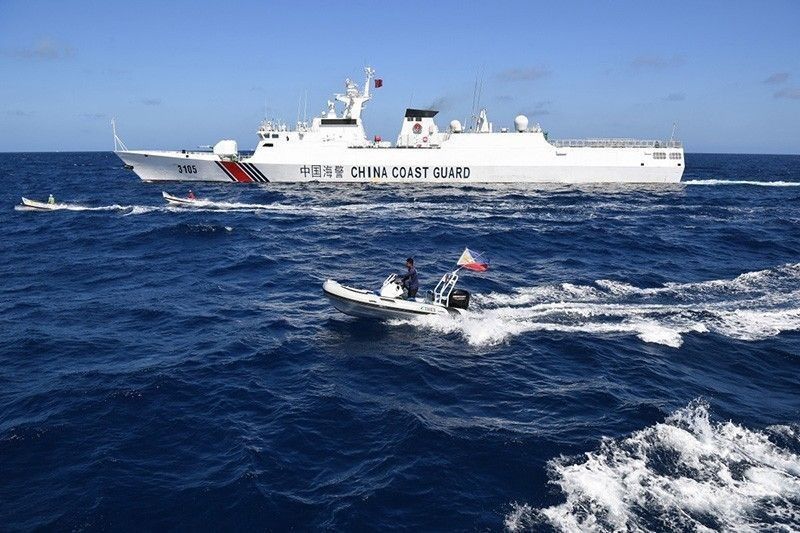Disinformation, IT attacks distort West Philippine Sea narratives — DFA

MANILA, Philippines — The narrative surrounding the West Philippine Sea (WPS) has been obscured by disinformation and attacks against the Philippine government’s information technology infrastructure, according to Foreign Affairs Secretary Enrique Manalo.
Speaking at the same event Wednesday, the foreign affairs secretary emphasized that the ability of the press to report on global events and the ability of people to appreciate and understand these events is under sustained attack from disinformation and cyberattacks.
“Many countries, including the Philippines, have been targeted by malign actors wantonly exploiting technology to distort and manipulate facts,” he said.
Manalo lauded the media for ensuring that the public is in possession of facts on the WPS.
“These efforts form an essential part of our commitment to a rules-based international order and our determination to protect and preserve our sovereignty, sovereign rights and jurisdiction, particularly in the West Philippine Sea,” he said.
He noted that genuine photos and videos or those that are not AI-generated or digitally manipulated “speak louder and more powerfully than the myriad attempts at misinformation and the peddling of false narratives.”
“And we are grateful for our partnership with you. Your work has helped to put the spotlight on what is really happening in the West Philippine Sea. And your reporting has highlighted our country’s efforts to push back against illegal, coercive, aggressive and deceptive actions in our own waters,” Manalo said.
The Department of Foreign Affairs (DFA) and the Department of National Defense are urging the people not to believe China’s narratives and propaganda.
Manalo explained that false narrative paints the WPS as merely a stage for great power rivalry in the region, that the Philippines is just a pawn in this game and acting only at the behest of another country.
“This reductionist view muddles our understanding of the complex situation on the ground and detracts from the real crux of the issue: that a country is choosing to ignore international law, in particular the United Nations Convention on the Law of the Sea as affirmed by the 2016 Arbitral Award, and the legitimate rights and interests of coastal states, such as the Philippines,” he said. – Michael Punongbayan, Evelyn Macairan
- Latest
- Trending

































